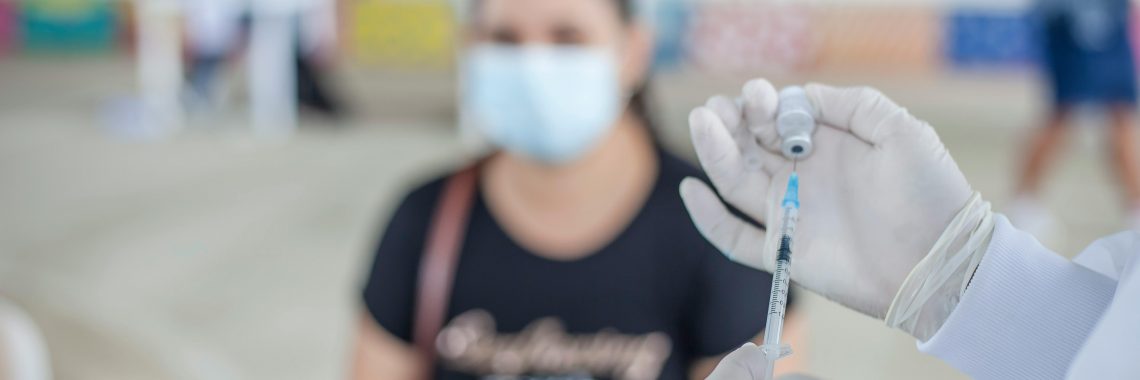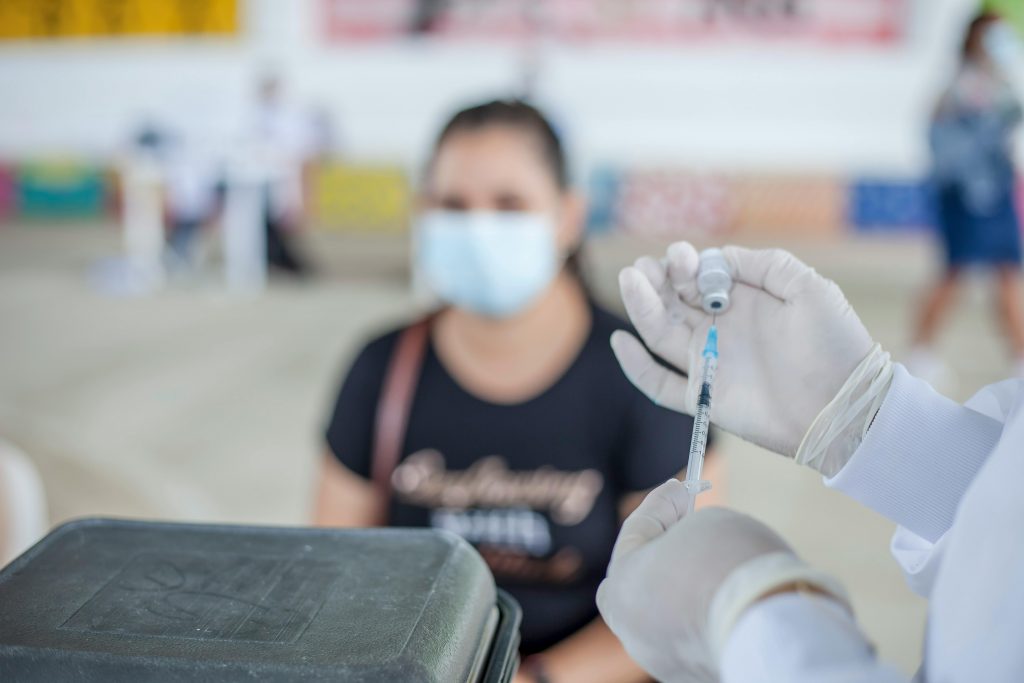U.S. Department of Education Continues to Roll Back Transgender Policies at Schools

Over the past two weeks, the U.S. Department of Education has continued to push back against pro-transgender policies that many schools adopted under the Biden Administration.
Title IX is a federal law that prohibits discrimination on the basis of sex in education and in activities that receive federal funding — like school athletic programs. But the Biden Administration issued executive orders and rules drastically redefining “sex” under federal law to include sexual orientation and gender identity. As a result, many schools, colleges, and universities adopted policies that let male athletes compete in women’s sports and use girls’ locker rooms, showers, restrooms, and changing areas at school.
However, earlier this year, President Trump signed executive orders undoing many of the Biden Administration’s bad policies.
Since then the U.S Department of Education has worked hard to ensure public schools, colleges, and universities treat women and girls fairly.
On July 25, the Department of Education Office for Civil Rights (OCR) announced that five Northern Virginia school districts had policies in place letting biological males use girls’ locker rooms and restrooms at school.
In a press release, the Office for Civil Rights said:
In February of this year, OCR opened an investigation into Alexandria City Public Schools, Arlington Public Schools, Fairfax County Public Schools, Loudoun County Public Schools, and Prince William County Public Schools. The investigation was based on complaints alleging that the Divisions have similar anti-discrimination policies pertaining to “transgender-identifying” students, which violate the sex-based protections of Title IX. The Divisions are also the subject of several lawsuits, informal complaints, and reports, which allege that students in the Divisions avoid using school restrooms whenever possible because of the schools’ policies, and that female students have witnessed male students inappropriately touching other students and watching female students change in a female locker room.
On August 1, the U.S. Department of Education announced Wagner College in New York has entered into a Resolution Agreement to comply with Title IX.
Earlier this year, female fencer Stephanie Turner forfeited a match after she was forced to compete against a biological male from Wagner College during the women’s event at USA Fencing’s Cherry Blossom Open competition. The Department of Education opened an investigation into Wagner as a result.
According to the Department of Education, Wagner has agreed to make sure biological males do not compete in women’s sports and “issue a personalized letter of apology to any Wagner College female fencer and issue a public statement of apology to all female athletes who were required to compete against a male in a Wagner athletics program designated for women.”
In July, the Department of Education made a similar announcement when it issued a press release saying the University of Pennsylvania had agreed to restore female athletes’ swimming records, issue apologies to female swimmers, and take steps to make sure biological males don’t compete in women’s athletics.
We have written repeatedly about how female swimmers, powerlifters, cyclists, sprinters, volleyball players, and others have seen their sports radically changed by men who claim to be women.
Letting men compete in women’s sports effectively erases women’s athletics.
It hampers women’s ability to compete for athletic scholarships and hurts their professional opportunities as adults.
In some sports, letting men compete against women can even be dangerous.
Concerned Women for America reports that more than 1,900 male athletes have taken first place medals away from women and girls.
In 2021 Arkansas passed Act 461 by Sen. Missy Irvin (R — Mountain View) and Rep. Sonia Barker (R — Smackover) preventing male student athletes from competing against girls in women’s athletics at school. This good law protects fairness in women’s sports in Arkansas.
Arkansas Attorney General Tim Griffin also recently joined 26 other state attorneys general in signing a formal letter calling on the NCAA to restore records and honors to female athletes.
And Arkansas has adopted good laws protecting physical privacy in school locker rooms, showers, restrooms, changing areas, and sleeping accommodations.
Most Americans agree that athletes should compete according to their biological sex — not their gender identity.
We deeply appreciate our elected leaders and policymakers who work hard to stand up for fairness in women’s sports both in Arkansas and across the country.
Articles appearing on this website are written with the aid of Family Council’s researchers and writers.





